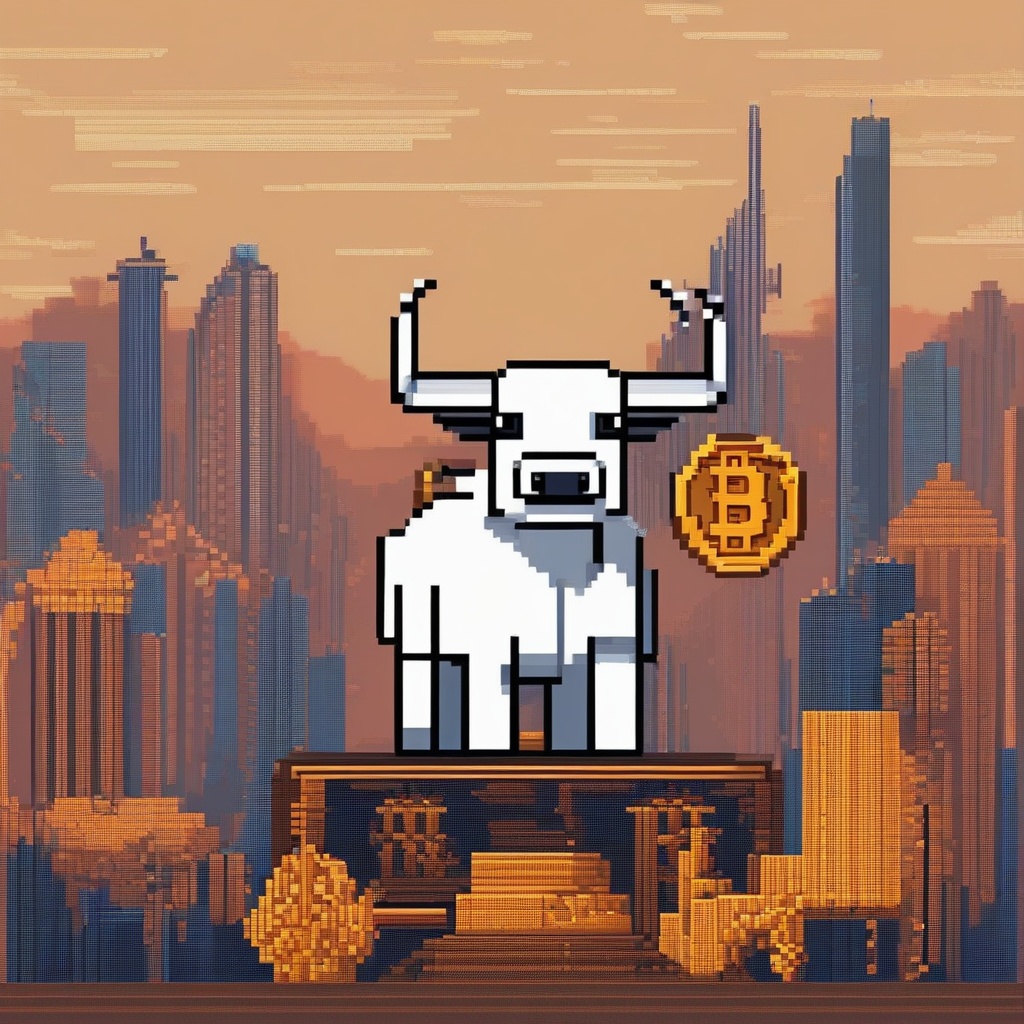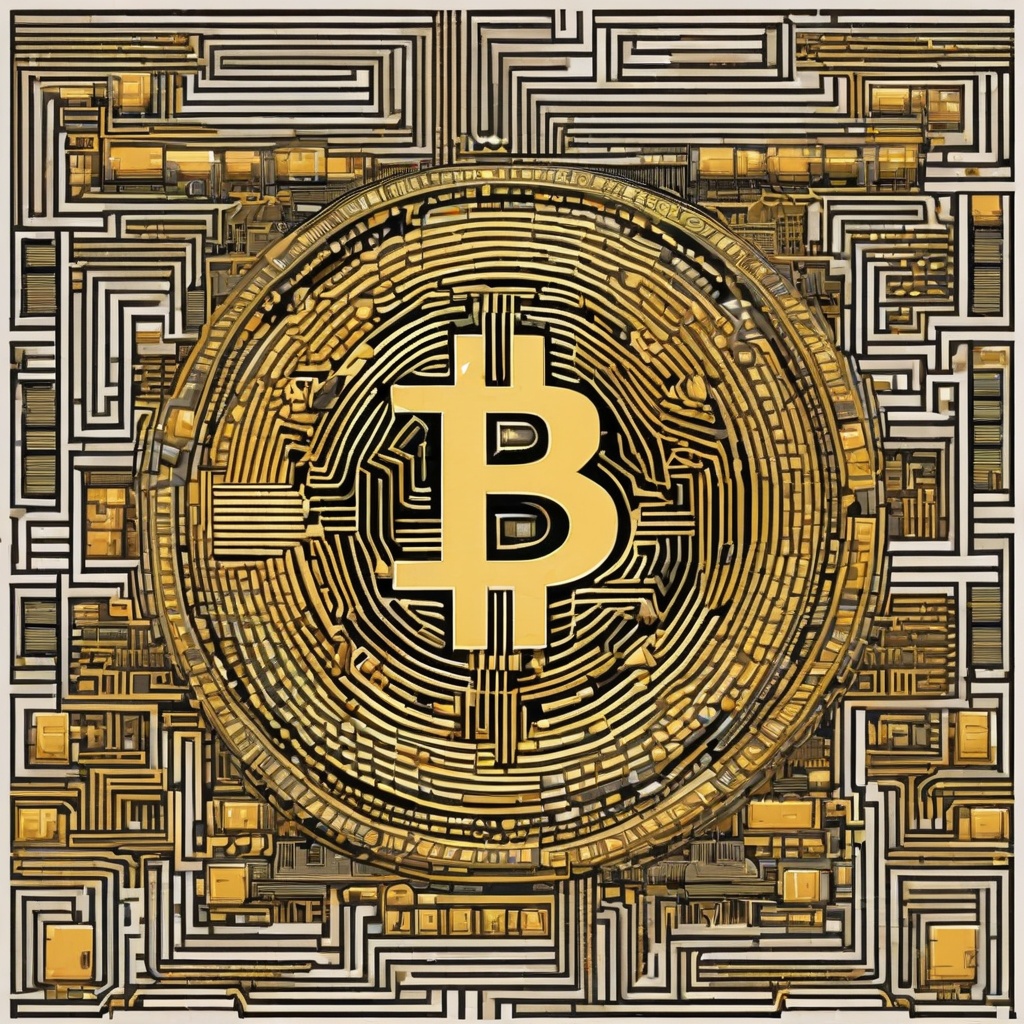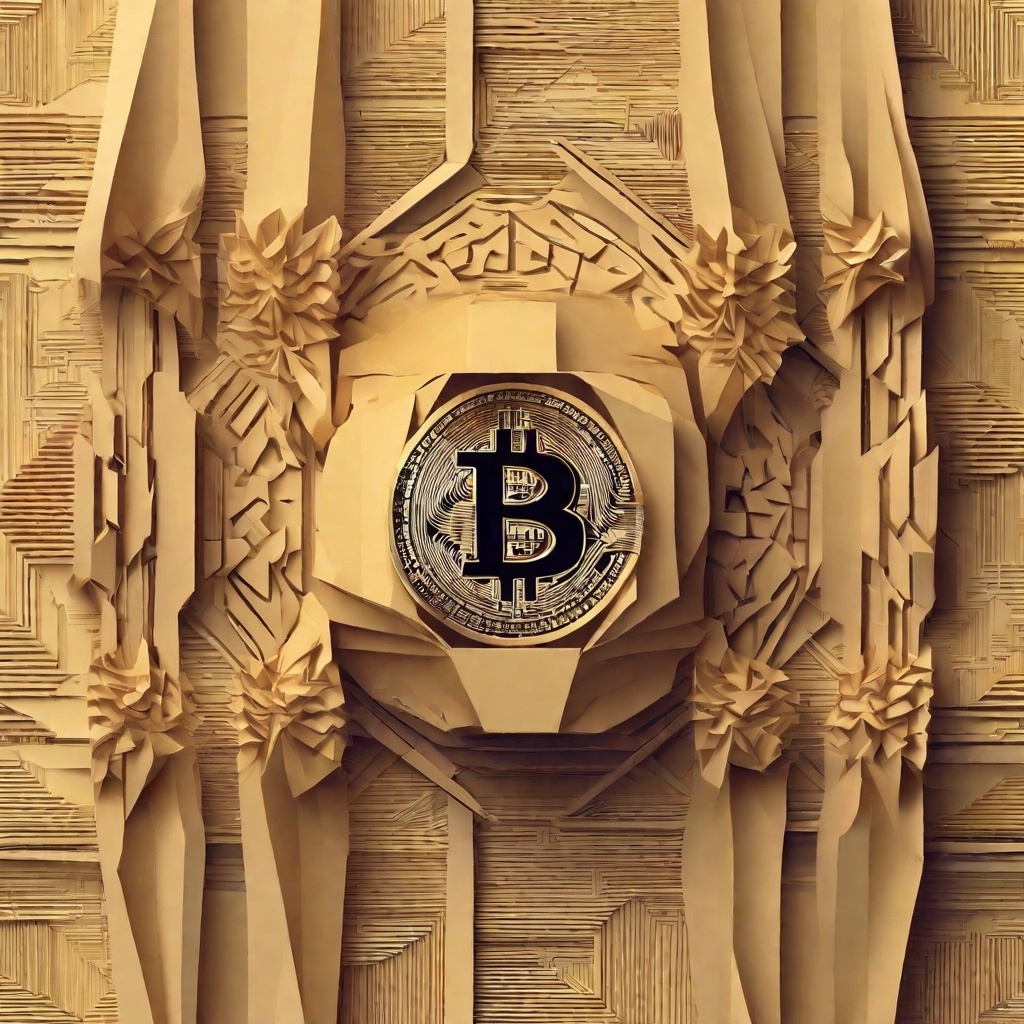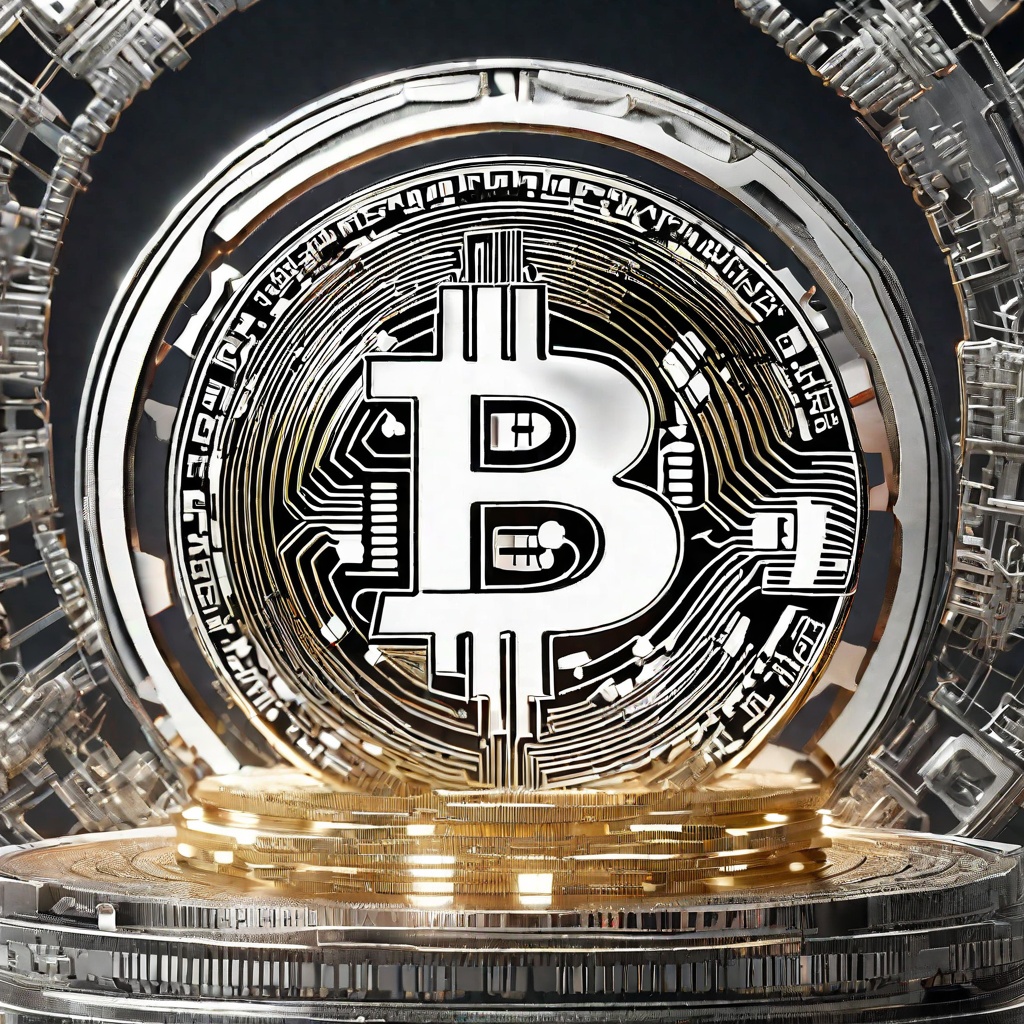Why is Polkadot worth more than Cardano?
Why is it that Polkadot commands a higher valuation than Cardano? Both projects are touted as innovative forces in the blockchain and cryptocurrency space, each with its own set of unique features and advantages. Polkadot, for instance, boasts its interoperability across multiple blockchains, providing scalability and security to a diverse network of chains. Its shared security model and user-oriented governance system further enhance its appeal. On the other hand, Cardano touts its robust security through rigorously tested protocols and scalability achieved through its Ouroboros consensus algorithm. Its Proof of Stake mechanism offers a more sustainable approach to consensus, appealing to those concerned with environmental impact. So, what gives Polkadot the edge in terms of valuation? Is it the breadth of its interoperability, the depth of its security model, or the efficiency of its governance system? Or is it perhaps a combination of these factors, along with market sentiment and investor perception? This is indeed a fascinating question that deserves further exploration.

Who is behind Cardano?
Who is behind Cardano?" This is indeed an intriguing inquiry. Cardano, a blockchain platform that has gained significant attention in the cryptocurrency and finance world, is the brainchild of a team of highly skilled and dedicated individuals. Led by Charles Hoskinson, Cardano's founder and CEO, the team consists of a diverse mix of experts in fields such as cryptography, distributed systems, and formal methods. Hoskinson, himself, is a serial entrepreneur and veteran in the blockchain industry, having been involved in some of the earliest projects in this space. His vision for Cardano is to create a scalable, secure, and sustainable blockchain platform that can serve as a foundation for a range of decentralized applications and financial services. Beyond Hoskinson, the Cardano team is comprised of a global cadre of researchers, developers, and contributors who are committed to the project's success. This collaborative and diverse team brings a wealth of experience and expertise to Cardano, ensuring that it remains at the forefront of blockchain innovation. So, when you ask "Who is behind Cardano?" the answer is a team of passionate and talented individuals who are dedicated to pushing the boundaries of blockchain technology and bringing its benefits to a wider audience.

Can Cardano rise again?
Could Cardano rise again?" I ponder, scanning through the latest market trends and technical indicators. The cryptocurrency world is always volatile, and Cardano, once a promising project, has seen its share of ups and downs. Its unique features and the team's dedication to scalability and interoperability have garnered it a loyal community. But the question remains: will it regain its former glory? The recent bear market has been tough on many cryptocurrencies, and Cardano is no exception. Its price has been fluctuating, and investors are understandably cautious. However, I believe that every crisis presents an opportunity. Cardano's strong fundamentals and the team's relentless pursuit of innovation could be its ticket to recovery. Moreover, the broader cryptocurrency landscape is evolving rapidly. New use cases and applications are emerging, and Cardano's flexible and adaptable platform could position it well to capitalize on these opportunities. Of course, no one can predict the future with certainty, but I'm hopeful that Cardano has the potential to rise again and reclaim its place in the cryptocurrency ecosystem.

What is so special about Cardano?
I'm curious, what is so unique about Cardano? I've heard quite a lot about this cryptocurrency but haven't quite grasped its standout features. Could you elaborate on its technological advancements? Also, how does its governance model differ from other blockchains? Is Cardano's emphasis on privacy and scalability really that groundbreaking? I'm also interested in its potential applications beyond just being a digital currency. Could you give me some examples of real-world use cases that highlight its versatility? Lastly, how does Cardano's sustainability efforts align with the broader cryptocurrency industry? I'm keen to understand its role in promoting environmental responsibility.

Is SOL better than Cardano?
I'm curious to know, is SOL really better than Cardano? I've heard so much buzz around both these cryptocurrencies, and I'm trying to decide which one to invest in. SOL seems to have some impressive scalability features, but Cardano also boasts of its secure and decentralized nature. Could you please elaborate on their respective strengths and weaknesses? Also, considering the current market trends, which one do you think has more potential for growth in the long run? I'm really looking forward to your insights.

